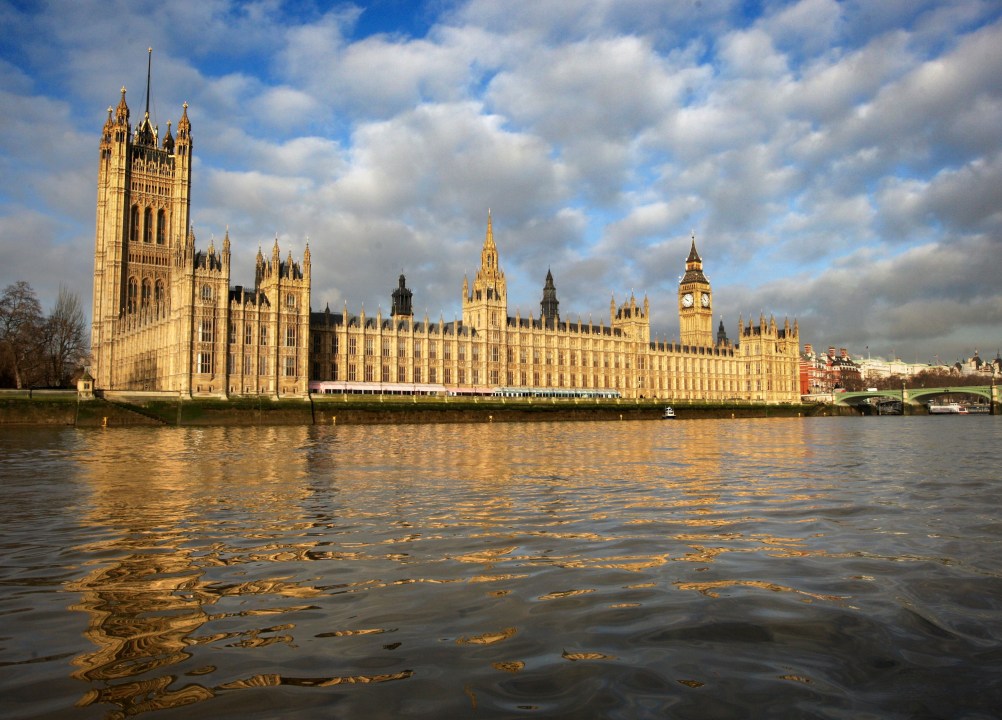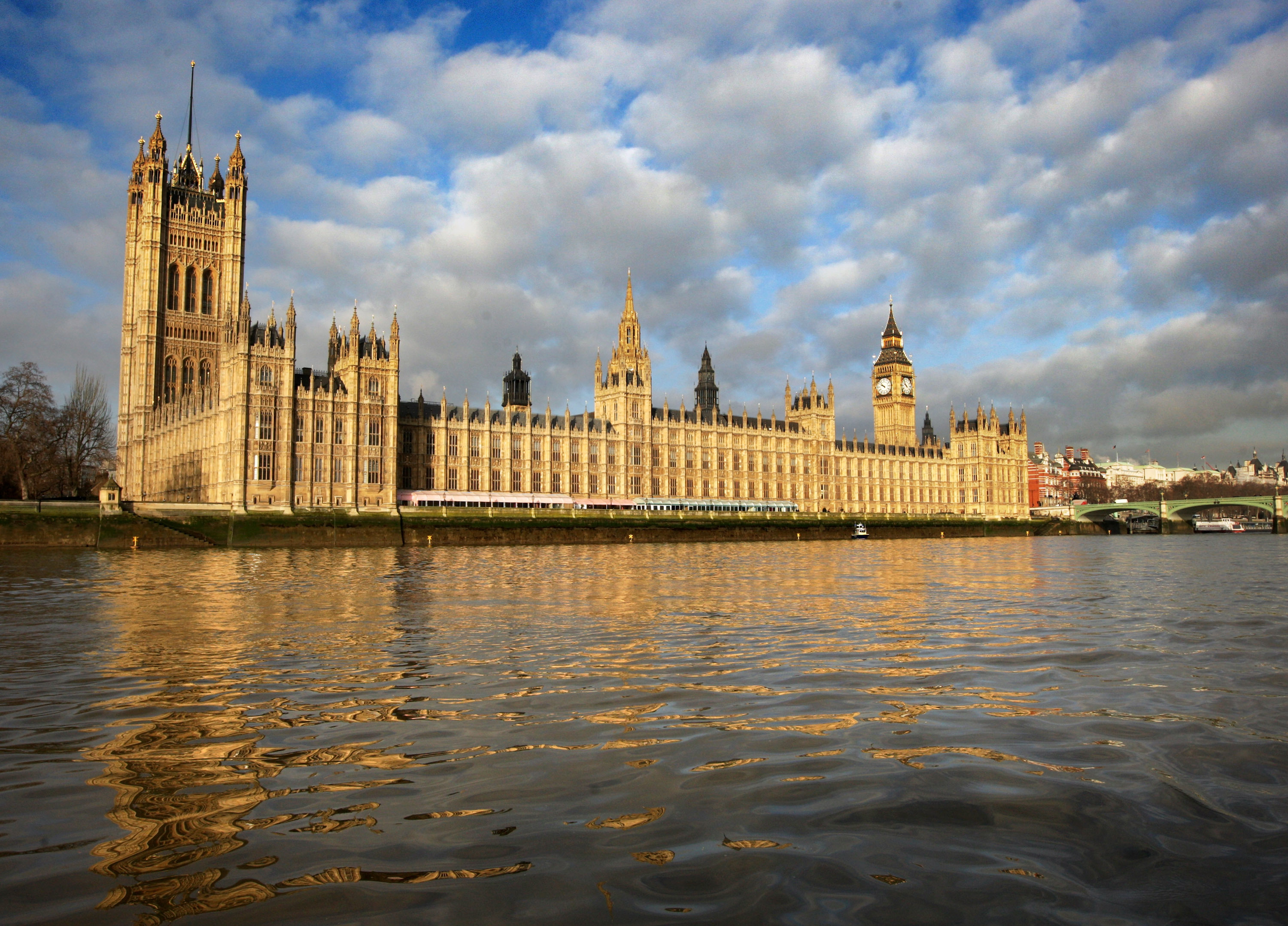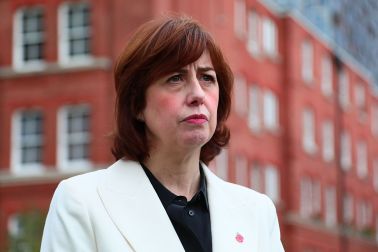 The McBride affair may have a dangerous side-effect – and that is blackening the name of special advisers. I am in the minority position of wanting to see more of them in Whitehall, and here’s why. McBride’s problem was his behaviour, not his status. The current suggestion that the real problem is his SpAd status – and not the instructions from dhis master – is a clever piece of self-exculpatory spin from Brown. We should not fall for it. And it’s also an insult to the many other SpAds who do good, honest work.
The McBride affair may have a dangerous side-effect – and that is blackening the name of special advisers. I am in the minority position of wanting to see more of them in Whitehall, and here’s why. McBride’s problem was his behaviour, not his status. The current suggestion that the real problem is his SpAd status – and not the instructions from dhis master – is a clever piece of self-exculpatory spin from Brown. We should not fall for it. And it’s also an insult to the many other SpAds who do good, honest work.
I imagine many CoffeeHousers baulked at that last bit – but “good, honest spad” is not a contradiction in terms. The idea of political appointees is widespread in Western democracies (think of the staff in The West Wing), and we in Britain are unusual in having so few. As not many in the Cabinet have any expertise in their chosen field, this makes it even harder to break status quo. There aren’t many countries where Yes, Minister could resonate – the series was a penerating comment on how, in Britain, the civil service is the real government and the ministers just provide the showbiz. (Even Thatcher achieved little with health and education – her battle was an economic one). Now if you’re happy with the current state of public services, then our Sir Humphrey model is fine. But if you want radical reform, then it’s a real problem.
My main critique of the Blair government is that it managed to deliver so little of the very good pro-reform, pro-choice agenda which it devised in its second term. Part of the problem was having Brown, the champion of state control, orchestrating rebellions against Blair’s reforms. The other part was failure to enact what reforms had been agreed.
Take the NHS reforms, which would have introduced an internal market more radical than anything under the Tories. It was Alan Milburn and about two SpAds against a staff of 1.3 million who prefer the status quo. If you could take, say, 50 experts from the health industry (as opposed to the health bureaucracy) and scatter them at strategic points throughout the NHS system you may be able to deliver proper reforms. But the NHS is the largest organisation in the Western world: it just can’t be transformed by a team small enough to fit in a taxi. The system will invent 101 ways of defeating you, as it did with the Blair pro-market reforms. Especially if they think there will be another Secretary of State (and another set of SpAds) along in a minute.
When I visited the Swedish government HQ last year to learn about their school reform programme, I discovered that in that tiny Rosenbad building – smaller than many English town halls – there were 400 special advisers. The guy I was talking to was Mikael Sandström, who had the elevated title of “state secretary” even though he was a SpAd. He is an academic, one of the world’s experts in school choice, who had been appointed by the government to drive through its radical choice agenda and defend it from bcritics. If someone were to say ‘these schools are socially divisive’ he can point to several peer-reviewed empirical studies saying why that’s not true. This is how governments enact an agenda of change. Without such advisers, then any reforming government would be overwhelmed.
In supporting evidence, I’d like to cite Andrew Adonis. He was a special adviser, put into the Lords and made education minister because Blair knew the civil service would strangle the idea of independent state schools unless he had someone he could trust and who would work flat out to drive it forward. Adonis did as much behind the scenes as a SpAd as he did as a minister. Except you never hear about the SpAds who do the good work. He was one of them. There are others, but they are names you won’t know. As a SpAd, David Willetts was instrumental in many key reforms of the last Tory government. But because he behaved himself, no one heard about him. No one credits him. But it would have been a weaker and less effectual government without him.
McBride was not an egregious example of a Labour party SpAd. Until 2005 he was not even a party member – a point that’s been frequently made to me, over the past few days, by Labour MPs who now who see him (and Brown’s bully boy tactics) as a contagion that needs to be rooted out of the party before it spreads. McBride was not schooled in politics (the open art of winning votes, canvassing, winning argument) but in Brown warfare (briefing against your Cabinet rivals). His tactics were useless in real politics, which is why he never managed to lay a glove on any Tory. All his victims were in the Labour Party. Many other Labour SpAds were among his victims.
My point: if you wish to take on a bureaucracy, then bureaucrats are not always the best people for the job. You need backup, you need experts – and having the ability to hire some is no bad thing. Look at the Shadow Cabinet lineup – how many of them do you think will drive through radical change? It is an understandable kneejerk reaction to the spin of the Labour years to say ‘let’s leave it to the civil servants’. If the Tories do so, then they’ll achieve nothing.








Comments